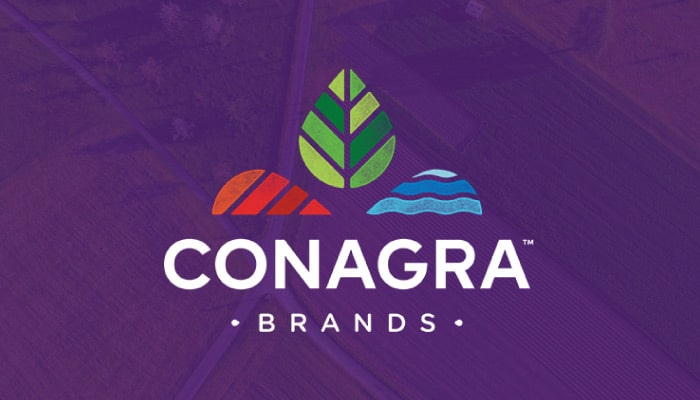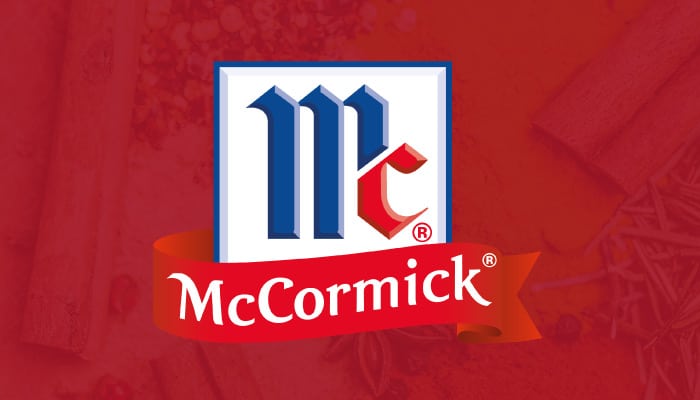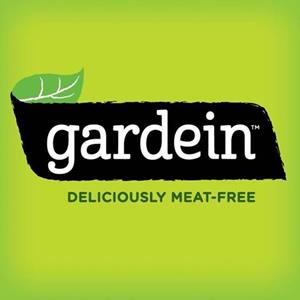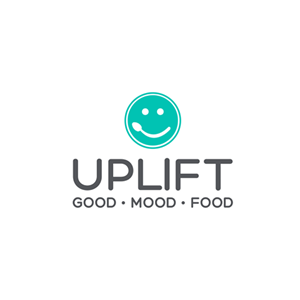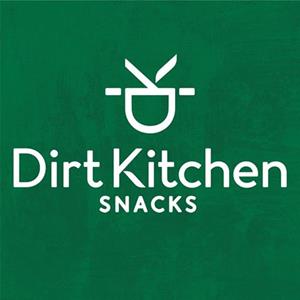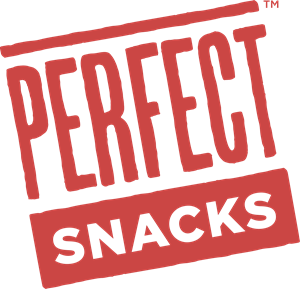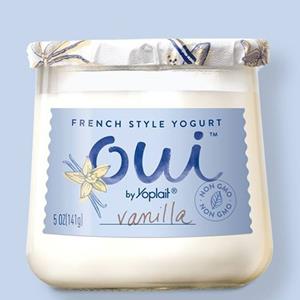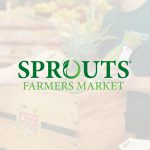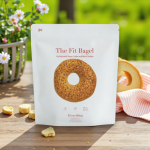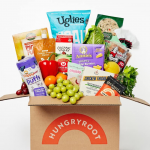CAGNY 2020: Big CPG Brands Seek Better-for-You Bends
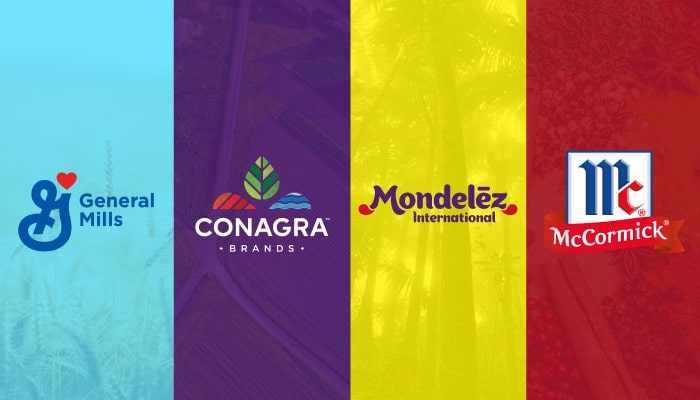
At the annual Consumer Analyst Group of New York (CAGNY) conference in Boca Raton, Florida this week, leading consumer packaged goods (CPG) companies discussed their 2019 results, as well as their plans and strategies for the future. For many, those plans include meeting consumer demand for wellness-oriented products with more offerings, especially in the snacking and alternative protein categories.
ConAgra
ConAgra, America’s fifth largest food company, had $10.5 billion in sales in 2019, with frozen and snacks contributing 65%. To build on this momentum, in 2020 the company is planning even more “aggressive innovation” in both categories, CEO Sean Connolly said, including accelerating its plant-based product portfolio.
In his presentation, Connolly referred to a soft third quarter that impacted retail in January as an “air pocket,” noting that data shows an improvement ahead. Moving forward, the company will continue to be “obsessed with innovation” to create “provocative food experiences,” Connolly said. The efforts appear to be working: innovations contributed 18% of last year’s retail sales, with frozen single-serve meals’ retail sales increasing 3.6% year-over-year (for the 52 weeks ending January 19, 2020.)
Frozen food, which represented 41% of ConAgra’s sales growth last year, is “the perfect food form for today’s consumers,” Connolly explained. To capitalize on this, the company will extend its Healthy Choice Power Bowl platform via new plant-based bowls and portable wraps, as well as a Healthy Choice Power Dressing line. Additionally, ConAgra will release a frozen plant-based burger — the Gardein Ultimate burger, with Connolly noting the Gardein brand is “on fire.” Gardein meatless proteins will also be used in co-branded items: Healthy Choice Chipotle Chick’n Power Bowl, Birds Eye Meatless Be’f Lasagna, made with zucchini and lentil pasta, and a Birds Eye Garlic Chick’n meal. Birds Eye will also launch Cauliflower Wings and Zucchini Fries.
Additionally, frozen meal brand EVOL will receive a “full restage,” Connolly said, and launch a low-carb, grain-free, high-protein frozen pizza.
ConAgra’s snacking portfolio generated $2 billion in 2019, or 25% of the company’s annual retail sales. The future of that segment in the natural space will include Gardein plant-based jerky, with other wellness-minded snack innovations including a brine-free, refrigerated pickle slice pouch from Vlasic, Orville Redenbacher avocado oil popcorn, a Duncan Hines keto dessert cup and a non-dairy Swiss Miss hot chocolate. Launch dates were not announced.
Mondelez
As global demand for snacking increases, Mondelez has plans to feed it. In a presentation to analysts, CEO Kirk Van de Put said that both global brands and “local jewels” (brands available in certain countries) will fuel Mondelez’s snacking strategy, as two thirds of adults prefer small meals over three large ones.
The company saw 4.1% net revenue growth in 2019, Van de Put said, with 5.8% fueled by global brands, 3.2% by local brands, and strong performance in chocolate and biscuits. Noting “significant headroom to grow,” he said the company will “aggressively pursue” pastries, bakeries, bars while seeking purpose-driven brands through its venture arm, SnackFutures, which already invested in chocolate brand Hu and gut health brand Uplift Foods and launched its own plays, CaPao and Dirt Kitchen.
“These days brands need to stand for something,” he said. “They need to have a purpose to really connect with consumers.”
Additionally, the company expects its wellness categories to grow $20 billion by 2022. With last year’s successful acquisition of Perfect Snacks, the company will seek to expand its functional snack offerings, while also exploring more ‘permissible indulgence’ products with reduced sugar, smaller portion sizes and other wellness attributes. Along with its broader business goals, the company plans for portion-controlled offerings to comprise 20% of its net snack revenue by 2025.
General Mills
General Mills CEO Jeff Harmening updated attendees and listeners on the cereal giant’s efforts to turn around a tired category and further expand its snacking portfolio — targeting organic net sales growth of 1%- 2% in 2020.
In the presentation, Harmening said the company’s organic net sales were flat in 2019, but cereal retail sales stabilized and are so far up 2% in 2020. To invigorate the category, General Mills has released more single-serve cups, unveiled a Fiber One relaunch, and, most recently, launched a new Morning Summit cereal with almonds, maple berries and dried cherries. The product, priced at $13 per 38-oz box, aims to bring younger shoppers to the cereal aisle.
Prior efforts to spark growth in both cereal and yogurt, another declining category for General Mills, have included a 2019 partnership with probiotic brand Good Belly for a cereal and yogurt, along with dairy-free coconut-based OUI yogurt, launched in December. Although retail sales of bars and snacks were down 3% in 2019, the company hopes other health focused-plays will drive growth, including Autumn’s Gold grain-free and paleo-friendly granola and the low-carb, almond-based Ratio bar.
Moving forward, the company will continue to “innovate where the consumer is going,” Harmening said, via more plant-based options and supporting emerging brands through 301 Inc, its venture capital (VC) arm.
McCormick
In its presentation, spice company McCormick president and CEO Lawrence Kurzius said that Gen Z cares about ethics, sustainability and global flavors — all areas where McCormick already excels. Reviewing the company’s yearly goals, Kurzius said it expects sales growth to be between 2% and 4%.
The company’s packaged spices and seasonings generated $11 billion in retail sales last year, Kurzius said, but there’s room to further grow the category. Although the company is the leader in organic spices and seasonings, demand for organic is still growing and the company plans to further expand its organic offerings, he said. Additionally, while the company has always focused on producing clean label products, and many of its products are free from fat, calories and sugar, upcoming innovations include salt-free seasoning blends and reduced sugar Stubbs barbecue sauce — hoping to target more specialized diets.
“Clean can seem complicated, but we’ve been doing it for 130 years,” Kurzius said.
